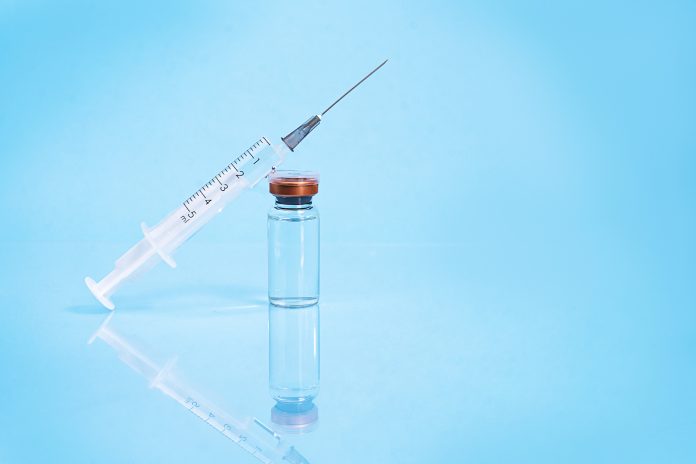
Scientists at Tel Aviv University and the Israel Institute for Biological Research have developed a single-dose mRNA-lipid nanoparticle vaccine against deadly bacteria, that has proven 100% effective in animal models.
The COVID-19 pandemic has paved the way for mRNA-based vaccines with great success. The vaccine works by using a type of molecule called messenger RNA, packaged in a lipid nanoparticle resembling a lipid membrane, to produce an immune response against a pathogen. However, so far, they have only been effective against viruses but not against bacteria.
Reporting in Science Advances, the Tel Aviv University researchers say they have now been able to create an mRNA vaccine effective against the lethal plague bacterium by using the genetic sequence for the Caf1 antigen expressed by the bacteria to stimulate an immune response and immunological memory.
“The great advantage of these vaccines, in addition to their effectiveness, is the ability to develop them very quickly: once the genetic sequence of the virus SARS-CoV2 (COVID-19) was published, it took only 63 days to begin the first clinical trial,” said Edo Kon, PhD, principal scientist at Tel Aviv University and first author of the study in a press statement.
“However, until now scientists believed that mRNA vaccines against bacteria were biologically undoable. In our study, we proved that it is in fact possible to develop 100%-effective mRNA vaccines for deadly bacteria.”
The researchers explained that the problem underlying the lack of anti-bacterial vaccines so far is the difference in proteins expressed by humans and bacteria. Using bacterial mRNA sequences to produce bacterial proteins by human cells has proven problematic and generally causes a lack of protective effect.
“To address this problem, we developed methods to secrete the bacterial proteins while bypassing the classical secretion pathways, which are problematic for this application. The result was a significant immune response, with the immune system identifying the proteins in the vaccine as immunogenic bacterial proteins,” Kon added.
“To enhance the bacterial protein’s stability and make sure that it does not disintegrate too quickly inside the body, we buttressed it with a section of human protein. By combining the two breakthrough strategies we obtained a full immune response.”
In their study, the researchers tested the vaccine in animals infected with the bacterium. According to the scientists, the unvaccinated animals died within a week, whereas those vaccinated with the mRNA vaccine remained alive. Moreover, only one dose was required to achieve full protection after just two weeks.
The researchers believe that in the future their technology could enable the rapid development of mRNA-based vaccines against several bacterial diseases, including diseases caused by antibiotic-resistant bacteria.











